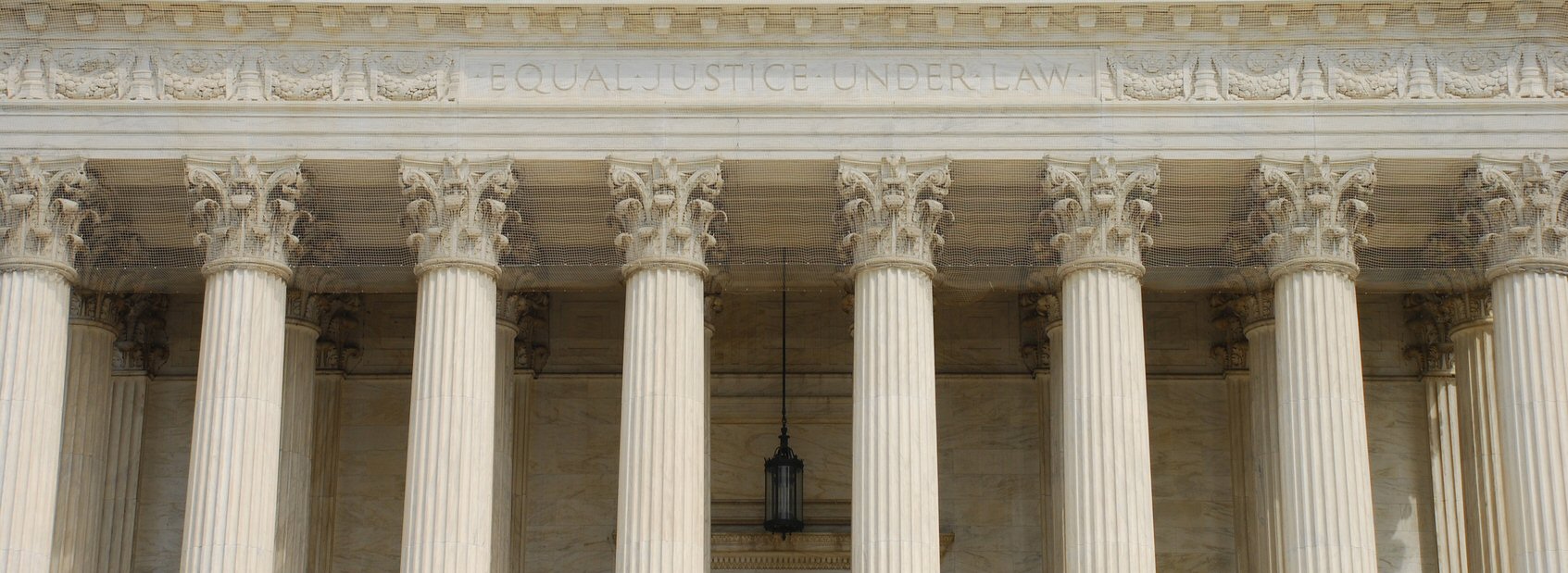Position Statement – 2020
H.R. 3513 — 116th Congress (2019-2020)
The Patsy T. Mink and Louise M. Slaughter Gender Equity in Education Act
Support
The Women’s Bar Association of the State of New York (WBASNY) strongly supports the Patsy T. Mink and Louise M. Slaughter Gender Equity in Education Act (GEEA). Systemic inequality continues to be pervasive in the classroom and in federally funded educational entities, requiring further mandates to ensure the enforcement of the laws and protections codified in Title IX, which prohibits sex discrimination in federally funded education programs. The GEEA would allow the full implementation of the protections in Title IX to reduce and prevent sex discrimination in all areas of federally funded education.
It has been well documented that the participation rates of women in sports, especially girls of color, fall far behind male participation rates. Only two-thirds of Black and Latina girls play sports, and about a little more than half of Asian American girls play sports, as compared with the more than three-quarters of White girls who play sports. Congress has found that female athletes are more likely to graduate from high school and have higher levels of self-esteem than those women who do not play sports. Additionally, women athletes are awarded less financial aid toward higher education than men playing the same sport, which can hurt their economic security and employment opportunities.
Title IX aims to ensure gender equity in career and technical education. However, women account for less than 40 percent of those employed in high-paying fields, such as transportation, advanced manufacturing, and construction. According to a recent study by The National Coalition for Women and Girls in Education, 80 percent of women make up workers in historically women-dominated occupations, including cosmetology, early childhood education, home care and child care – occupations that pay less than $30,000 per year.
Title IX also aims to ensure gender equity in the fields of science, technology, engineering and mathematics education (i.e., “STEM” fields). Notwithstanding Title IX’s goals, in 2017, women earned 32 percent of all STEM degrees, and almost half of those were white women, according to a study by the National Center for Education Statistics. Twelve percent of the degrees were earned by women of color.
Title IX aims to prohibit sex discrimination in employment in federally funded education programs. However, women make up only 36 percent of tenured faculty and 30 percent of university presidents.
Title IX also aims to protect against sexual harassment and violence. However, more than half of students in grades 7 through 12 experience sexual harassment, and nearly 10 percent experience dating violence. Moreover, 87 percent of lesbian, gay, bisexual, transgender, queer, and questioning (“LGBTQ+”) students have experienced assault or harassment, and 66 percent have experienced verbal harassment. This abuse leads these students to skip school and become anxious and depressed.
Finally, Title IX aims to prohibit discrimination based on pregnancy or parenting status. Accommodations for pregnancy-related conditions and limited access to school-related activities for pregnant and parenting students are the reasons parenting mothers drop out of high school. A large percentage of teenage mothers do not earn a high school diploma, which limits continuing their education and employment opportunities.
While the above list is not exhaustive, it demonstrates the need for the GEEA. The GEEA would help reduce and prevent sex discrimination in all areas of education by supporting the vital, on-the-ground work of Title IX coordinators through additional resources, training, and technical assistance. It would also authorize competitive grants to K-12 schools, colleges, local educational agencies, and states to support their gender equity work.
For these reasons, WBASNY supports the GEEA.

